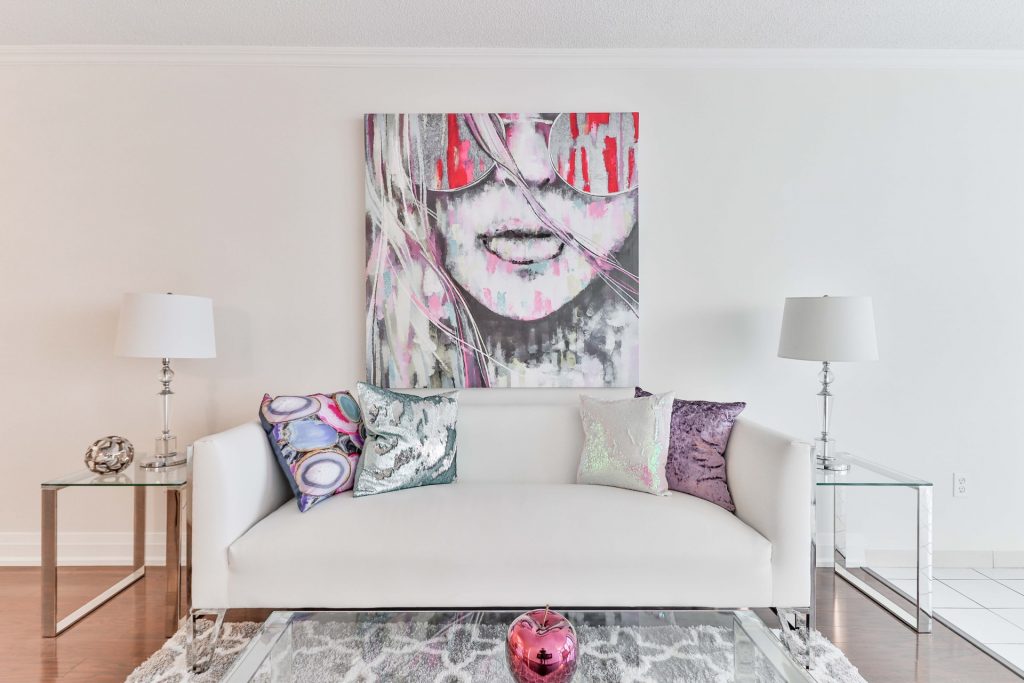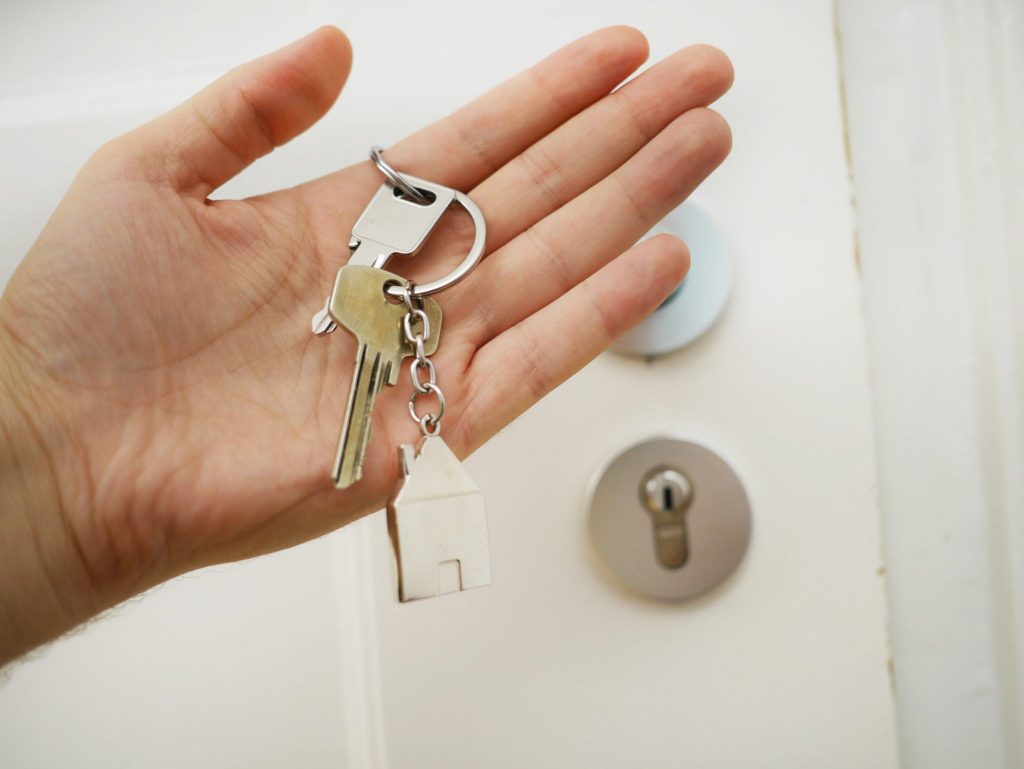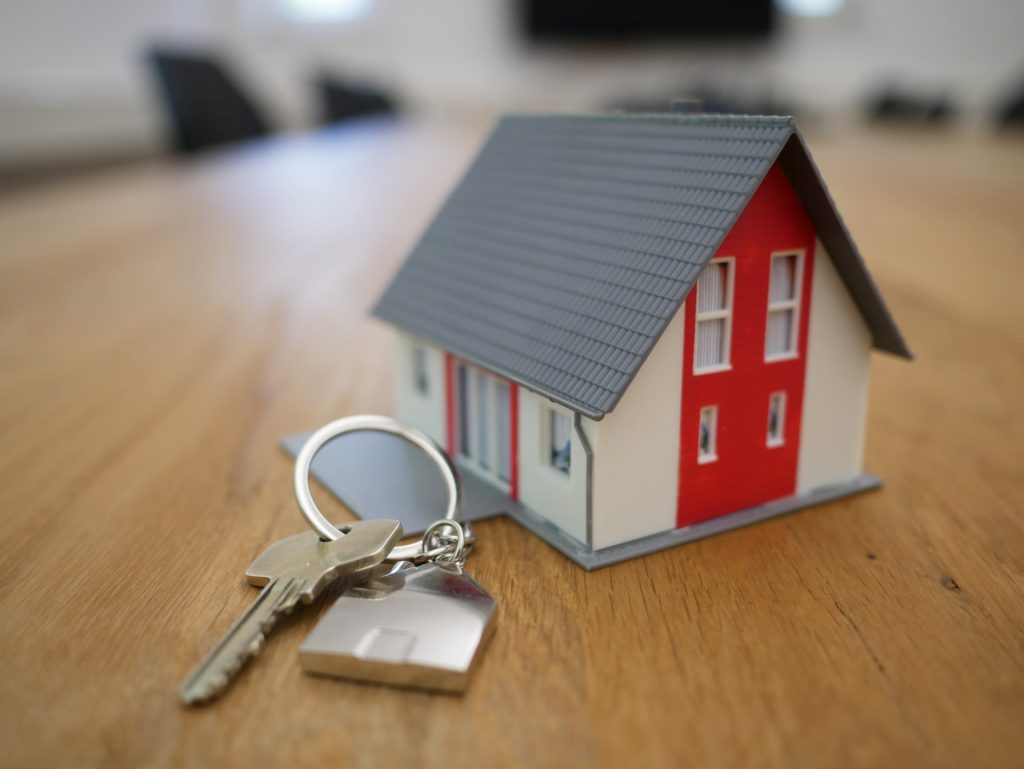
Guide to buying property in Marbella and the Costa del Sol
Finding all the relevant and accurate information about buying a house is no mean feat. That’s why we wanted to do it for you, bringing together everything you need to know in the most concise and accessible way possible.
There are several stages in the process of buying and selling a property, and we have summarised each of them here:
1. Finding a property in Marbella and the Costa del Sol
Undoubtedly, this is the most interesting stage of the whole process, and it involves doing as much research as possible into the buyer’s interests and needs. It’s the part of the process where the future owner gets to explore all the things they might want in a new property, as well as getting to know the surrounding area and working out what is most important to them.
We strongly recommend that you take the time to get to know the different areas in Marbella and along the Costa del Sol. Choosing an area that suits your tastes will be essential when looking for your future home. Neighbouring municipalities can be very different from one another, very different amenities and offer very different lifestyles, depending on the area.
Once we have spent the necessary time valuing the property and your lawyer has checked over all the legal issues, you will be ready to secure the purchase of your chosen property. We are confident that you will have made the right choice!
At this point, the next step is to secure your purchase with a deposit – a sum of money that serves as a guarantee to the seller. Known as a ‘Contrato de Depósito’ (Deposit Contract), this is usually somewhere between €6,000 and €15,000, or in the case of resale the amount would be approximately 10% of the sale price. These amounts vary depending on the property being purchased.

2. Documents required for foreign homebuyers in Spain
There are no special restrictions for foreign citizens when it comes to purchasing property in Spain. Foreign citizens are normally considered “non-residents”, depending on the amount of time they spend in Spain in a given tax year and there are several points to bear in mind.
Here are some of the steps to follow:
A. Apply a Número de Identificación de Extranjeros (Foreigner’s Identification Number), also known as a NIE.
Foreign citizens who are interested in future economic or social transactions need a NIE to do so legally. This document is required if you want to own a home or any other property in Spain. It is also a requirement if you are resident in Spain for most of the year, want to work, want to study or are an entrepreneur. It is also needed if you want to open a bank account.
To apply for the NIE document, you will find all the necessary information from the Spanish Consulate in your home country. It is also possible to get this from your country of origin’s Consulate or Embassy in Spain.
If you are an EU citizen, you will need a copy of the photo page of your passport and the original document. If you are not an EU citizen, you will also need to provide copies of every page. As well as this, you will need two passport photos and two signed copies of a completed EX-15 application form.
At FM Properties, we recommend that our clients hire the services of a lawyer to advise them during the purchase procedure in Spain. Your lawyer will take care of reviewing any property documentation prior to signing the reservation contract, obtaining the necessary documents to formalise the title deeds and contracting the property supplies, and they may even take care of the NIE application for you.
B. Opening a Spanish bank account
What do you need to open a bank account in Spain?
– Passport or other proof of identity
– NIE document
– Proof of your current employment status and the legality of your income, for example: a work contract, student card, tax declaration, etc.
Similarly, a certificate proving you are NOT a tax resident may be required.
Most banks offer a very professional service to their international customers. However, make sure you are aware of any charges for common services like international bank transfers. To avoid any unpleasant surprises and have all the details well tied up, we strongly recommend checking with your bank about the fees associated with certain transactions or transfers and reading the opening contract carefully – all types of charges will be detailed there.
Banks do not charge for opening a bank account. However, monthly or quarterly fees are common, depending on the type of bank account you sign up for.
3. Signing the contract
The first legal step in the process of buying a new-build property is signing the ‘contrato de reserva’ (reservation contract). This is followed by signing the ‘contrato de compraventa’ (purchase contract) and finally, the ‘escritura oficial’ (the deeds), which must be done in the presence of a notary.
In the case of a resale, the ‘contrato de reserva’ will be signed, and in approximately 30 days the deeds of the property will be signed at the notary’s office.
A. Option to Purchase Agreement
The ‘contrato de opción de compra’ is a contract that establishes the seller’s commitment to sell the property at the price agreed between both parties and within the agreed period. It establishes the details of a deposit that is normally somewhere between 5-10% of the property’s agreed sale price.
B. Reservation Document
The deposit amount required to reserve a property is usually somewhere between €6,000 and €15,000, or in the case of resale, this amount would be approximately 10% of the sale price. As always, these amounts will vary depending on the property being purchased. You will normally have 30 days from submitting the ‘documento de reserva’ to continue the process by signing the ‘contrato de compraventa’. If you proceed to purchase the property, the deposit amount will be taken from the final purchase price of the property. If you do not proceed and you do not purchase the property, you will lose the deposit.
C. Contrato de Arras
This type of reservation agreement adds a break clause whereby if the seller decides not to sell, they are obliged to repay the prospective buyer twice the amount of their original deposit. As always, if the buyer does not complete the sale, their deposit will be forfeited. Normally, this contract stipulates that the deposit amount is 10% of the final purchase price of the property – again, this will vary.
D. Private purchase contract
Like the previous contract described above, the ‘contrato privado de compraventa’ is a legally binding contract that can only be terminated if both parties agree.
We strongly recommend that whenever you sign a contract that involves paying a deposit, this should be noted on the contract itself and you should also ask for a signed receipt. In addition, any purchase contract should include specific details about the property, such as the owners, the buyers, the price negotiated, a date for signing the deeds, the current debt situation of the property and any vacant possession. It is also important that the contract states how the financial transaction will be handled and detail any possible liabilities and associated clauses. It should be clear what is included in the sale and what is not and include specifications that are relevant to the sale.
4. Where and how do I formally take ownership of a property in Spain?
Finalising the purchase of a property and acquiring the deeds of ownership takes place in the offices of the Notaria Pública – the public notary.
All parties involved in the sale must be present. This includes the buyer and the seller, or their legal representatives, as well as representatives of any banks involved.
Following this appointment, the notary is obliged to hand over a copy of the deeds. This is because the original must be sent to the Registro de la Propiedad to be registered. The Registro de la Propiedad is the Spanish equivalent of the Land Registry in the United Kingdom.

5. Land registry and public service contracts
Generally, it can take several months to complete the land registration process, but normally, it should be within 3 months after the notary appointment. Once the registration of the property has been completed, you can then collect the original deeds and any invoices relevant to the registration process.
We recommend that you seek the help of a professional expert for this part of the process. Accessing all the relevant information and completing all the different tasks will undoubtedly be quicker and smoother with the help of a legal advisor or a ‘gestor’ (a professional offering accounting and administrative services).
The costs involved with buying and selling a property not only come from the process itself but are also linked to the use and condition of the property: commercial use, residential, new build property, resale property, etc.
How does the mortgage process work?
Most prospective buyers will apply for a mortgage, so we want to fill you in on some of the most common details. A bank mortgage will likely involve an opening commission for the loan, which will be around 0.5% – 1% of the property’s value, plus any insurance assigned to the property that may or may not be linked to the mortgage.
Once the mortgage part of the process has been confirmed, the notary can then fax the land registry office a notification that makes it impossible for any other person to register the same property in the land registry office within the next ten days.
The taxes involved in buying or selling a property are as follows:
– If this is the first time the property has ever been sold (new build):
* 10% tax rate for residential dwellings and 21% for plots, garages and storerooms.
* 1.2% Stamp Duty from the regional government of Andalusia (Junta de Andalucía).
* Notary fees – these are calculated using a scale agreed by the authorities that is based on the value of the property.
* Land Registry cost – 1% of the purchase price plus 21% VAT.
* Legal representation.
– If this is NOT the first time the property has been sold (resale):
* In this case, you will pay a transfer tax, known as an ITP (‘impuesto de transmisiones patrimoniales’). This is calculated on a marginal basis using the following rates: the first €400,000 is taxed at 8%, the amount from €400,000 to €700,000 at 9% and anything above €700,000 is taxed at 10%.
* For example, if the property is worth €1 million: (€400,000 x 8% = €32,000) + (€300,000 x 9% = €27,000) + (€300,000 x 10% = €30,000) = total of €89,000 in ITP tax.
* Until 31st December 2022, the transfer tax is fixed at a flat rate of 7%.
Registering with the Registro de la Propiedad (National Land Registry)
Once all of the necessary taxes have been paid, the property must then be registered with the ‘Registro de Propiedad’ – similar to the Land Registry in the United Kingdom. This registration ensures that your rights as owner of the property are fully protected. Please note that you will only receive the original deed contract (‘contrato original de la escritura’) after you have registered the property.
What do you need to register your property in the Land Registry?
* Your NIE and a copy of your passport
* Confirmation that you have paid the ITP transfer tax
* A copy of the IBI payments* made by the seller or previous owner.
Registering the property with the ‘cadastro municipal’, the local land registry
Within two months of purchasing the property, you should inform the local land registry office, who can be found in the relevant jurisdiction’s town hall. In theory, the Registro de Propiedad and the notary are responsible for informing the local land registry office. However, they do not always provide all the necessary information, so FM Properties recommends that your lawyer or agent does the same.

How to change the electricity, gas, telephone and water contracts for your new home?
There are two different options when it comes to new gas, telephone, water and electricity contracts.
The first and cheapest option is to just use the former owner’s contracts. To do this, you will need copies of the latest invoices from the company providing each utility service and make a note of the policy number recorded on these invoices. You will also need to provide your NIE identification document, bank account details and your name.
The second option is to create new contracts for each of the services you need for your property. To do this, you will need to provide your name along with your NIE, the address of the new property, details of your bank account in Spain, a copy of the title deeds of the property and the ‘licencia de primera ocupación’ (first occupation license) if it is a newly built property.
You are likely to have already hired a consultant or advisor at this point to help with the various processes involved in buying and registering the property. At FM Properties, we would recommend that you ask your consultant to also deal with the utility contracts – this will save you plenty of time!
6. What are the costs associated with owing a home in Spain?
Once you have been able to complete the process of acquiring and purchasing the property, you are free to manage your property in the way that suits you best, be it long-term rental or short-term seasonal lettings – anything is possible when you’re the owner.
Of course, home ownership has some associated costs, which we have detailed below:
* Maintenance and service costs.
* Community fees. If your property forms part of a complex with shared common areas, you will become members of the community of owners with the associated responsibility of paying the annual fee and being part of the general assembly.
* Housing taxes and fees.
– Impuesto sobre Bienes Inmuebles (IBI). The amount you pay is based on the ‘valor cadastral’ (tax value) that your local town hall sets for your property.
– Impuesto sobre el patrimonio anual. This is an annual state wealth tax whose rates are progressive depending on the value of the assets.
– Impuesto sobre la Renta de No Residentes (IRNR). Property owners in Spain have to pay this non-resident income tax but the specifics of this depend on whether the property is rented out at all in a tax year.
If the property is NOT rented out at all: If you own a property in Marbella but are not a tax resident in Spain, do not rent out your property during the year and do not have any other source of income in Spain, you will have to pay non-residents income tax on your property. In this case, the amount is calculated by multiplying the property’s cadastral value by 1.1% to calculate an imputed/fictitious rental income. You are then taxed at 24% of this imputed income if you are not a European Citizen and 19% if you are. The cadastral value for your property can be found on your IBI (municipal taxes) declaration.
If the property IS rented out: If you are not a tax resident in Spain and you decide to rent your property during the year, you will have to declare the rental income this generates and pay tax on it. This is taxed at 19% for European citizens and 24% for non-European citizens. European citizens can also deduct expenses incurred during the rental period, for example: electricity, water, community expenses, home insurance, mortgage interest, municipal taxes and tax charges on rubbish, home maintenance, cleaning services, etc.

